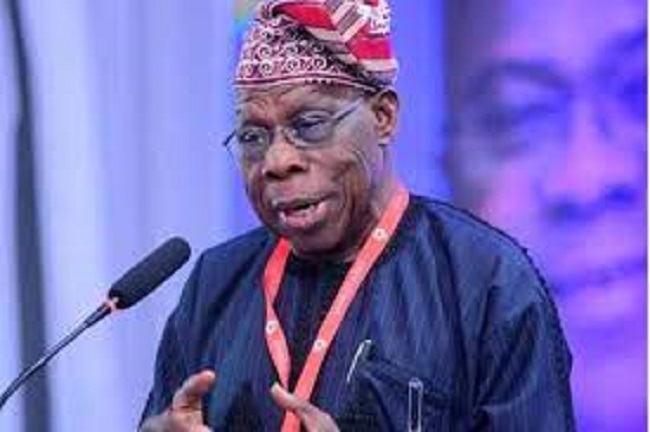Former President Olusegun Obasanjo has expressed concern over Nigeria’s mounting debt, highlighting that despite leaving behind an estimated $70 billion in reserves and excess crude oil savings when he left office in 2007, the country now faces an even greater debt burden.
In a recent interview with News Central, Obasanjo recounted how he met $3.7 billion in the country’s foreign reserves and a significant debt burden of $36 billion when he assumed office in 1999.
“When I came in 1999, I met $3.7 billion in reserve,” he said. “And as I told you, we were spending $3.5 billion to service debt. That’s how we had.”
Obasanjo noted that his administration’s persistent efforts with international creditors resulted in substantial debt relief, dropping the debt to around $3.5 billion by the end of his tenure in 2007.
He recalled, “By the time I left eight years later, with debt relief… the quantum of debt that I left was about $3.5 to $3.6 billion from over $36 billion.”
During the same period, he highlighted that the nation’s foreign reserves had increased from $3.7 billion to $45 billion. “At the same time, the reserve that was $3.7 billion went to $45 billion,” he added.
The former president further explained that to ensure economic stability, he had created the Excess Crude Account (ECA) to manage budget surpluses from oil revenues, with $25 billion in savings deposited into the account.
He said, “At the same time, we had what we called excess crude – this is the amount between what we budgeted that we would sell the crude oil and what we actually sell it.”
He noted that by maintaining a conservative budget, his administration was able to save this surplus. “We had around $25 billion. When you add that to reserve, we are talking of $70 billion.”
ALSO READ: Why we suspended subscription price hike — Starlink
Reflecting on the state of the country’s finances after his administration, Obasanjo expressed disappointment that the accumulated reserves and ECA savings were depleted following his departure in 2007.
“The point is that I left in 2007, and today in 2024, just 17 years after, all that amount of money has gone,” he remarked.
He added that, despite the financial gains made during his administration, the country’s current international debt is now higher than it was in 1999.
“Today, we owe more than we owed when I came to government in 1999,” Obasanjo said, attributing this situation to “fiscal mismanagement and a lack of accountability in leadership and public service.”
READ ALSO FROM NIGERIAN TRIBUNE
